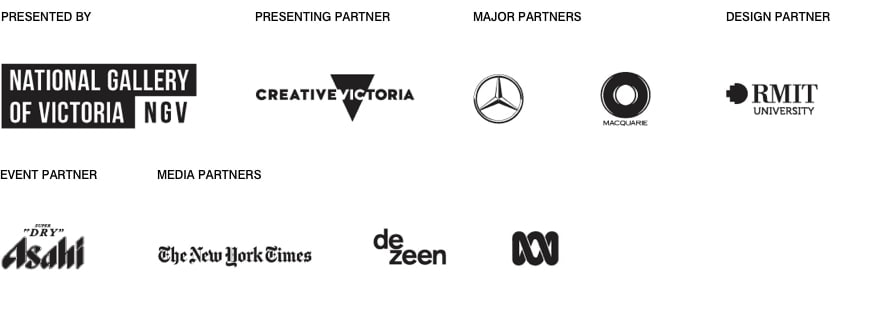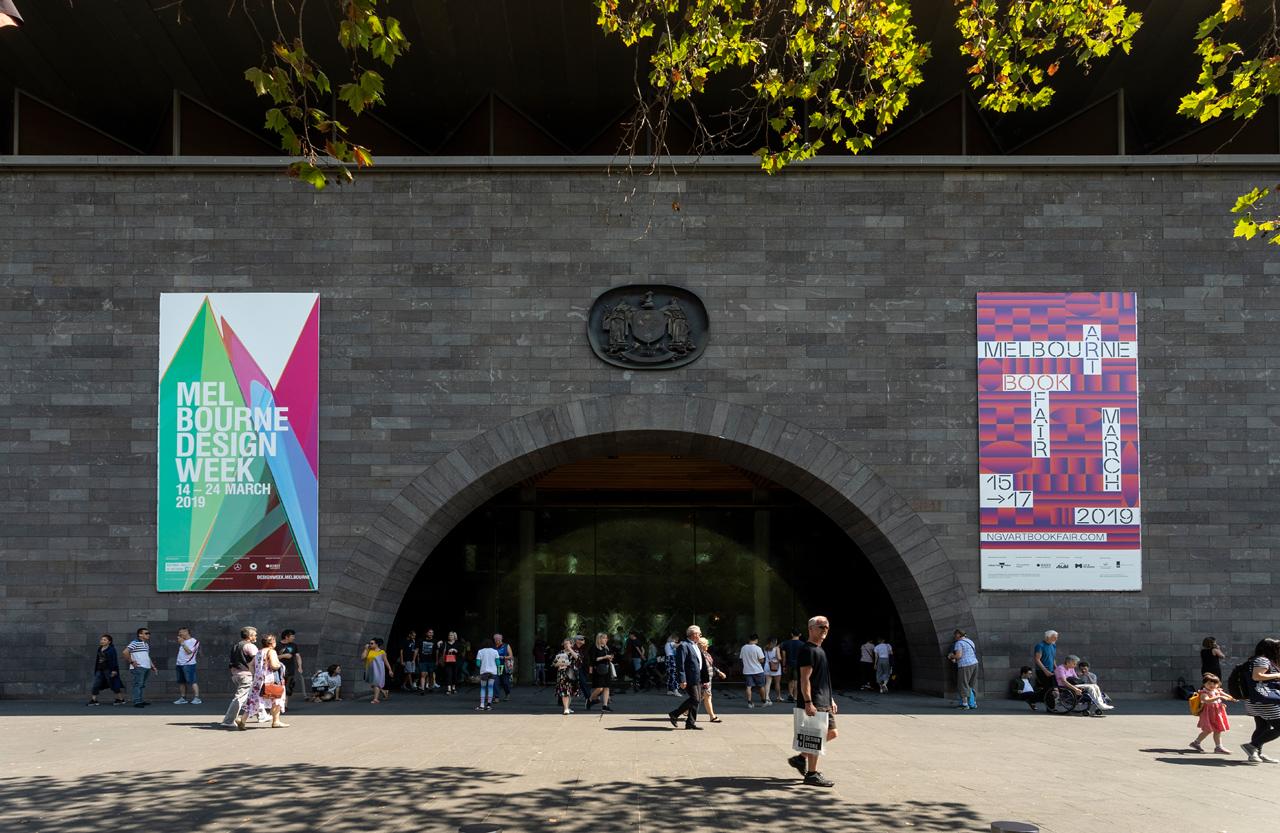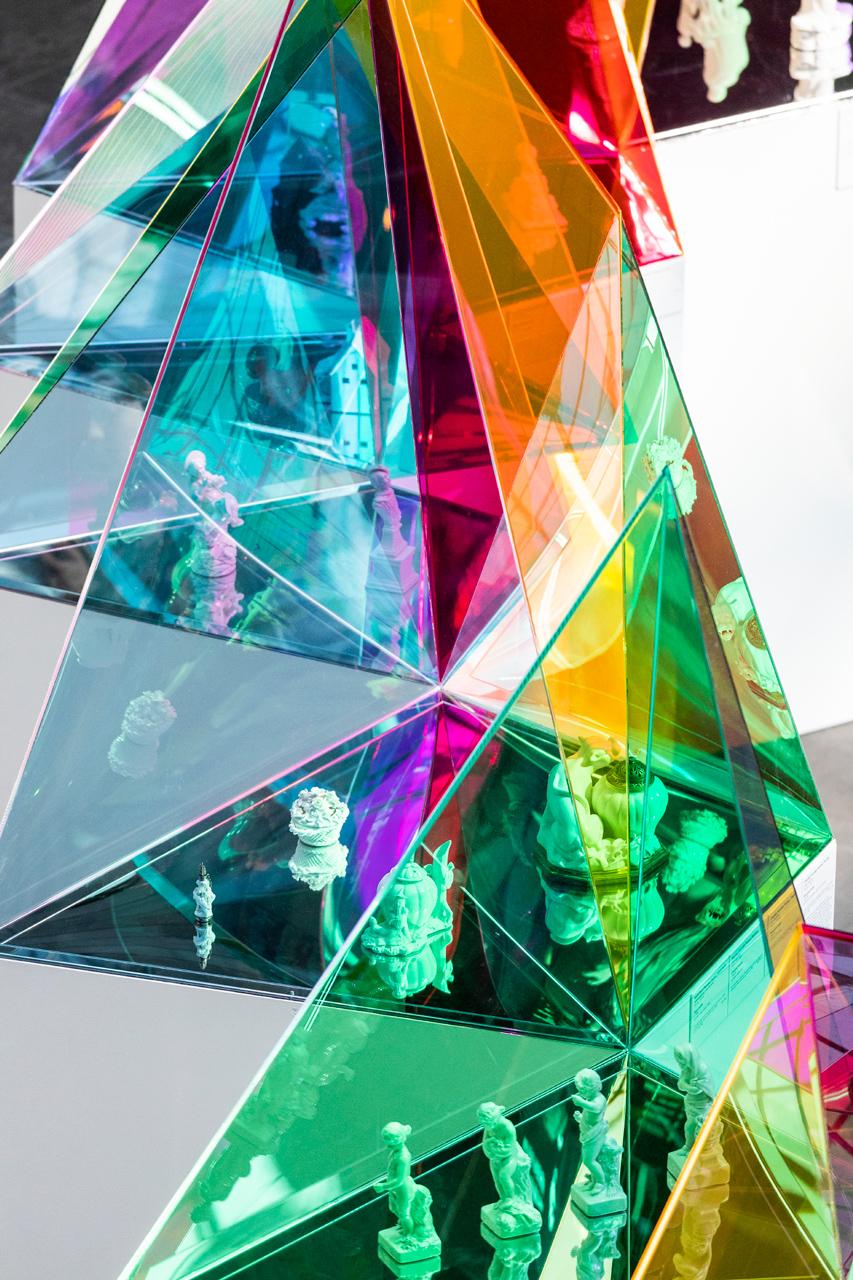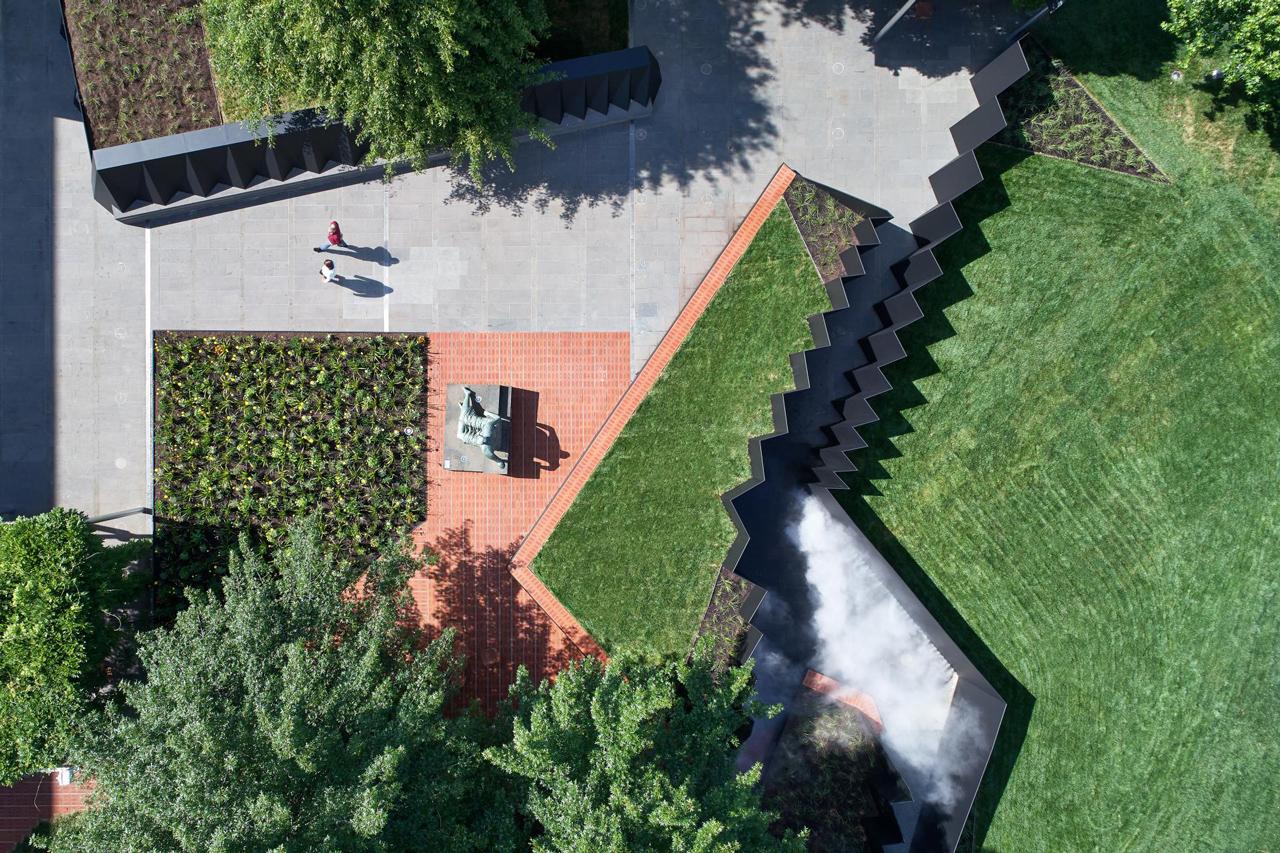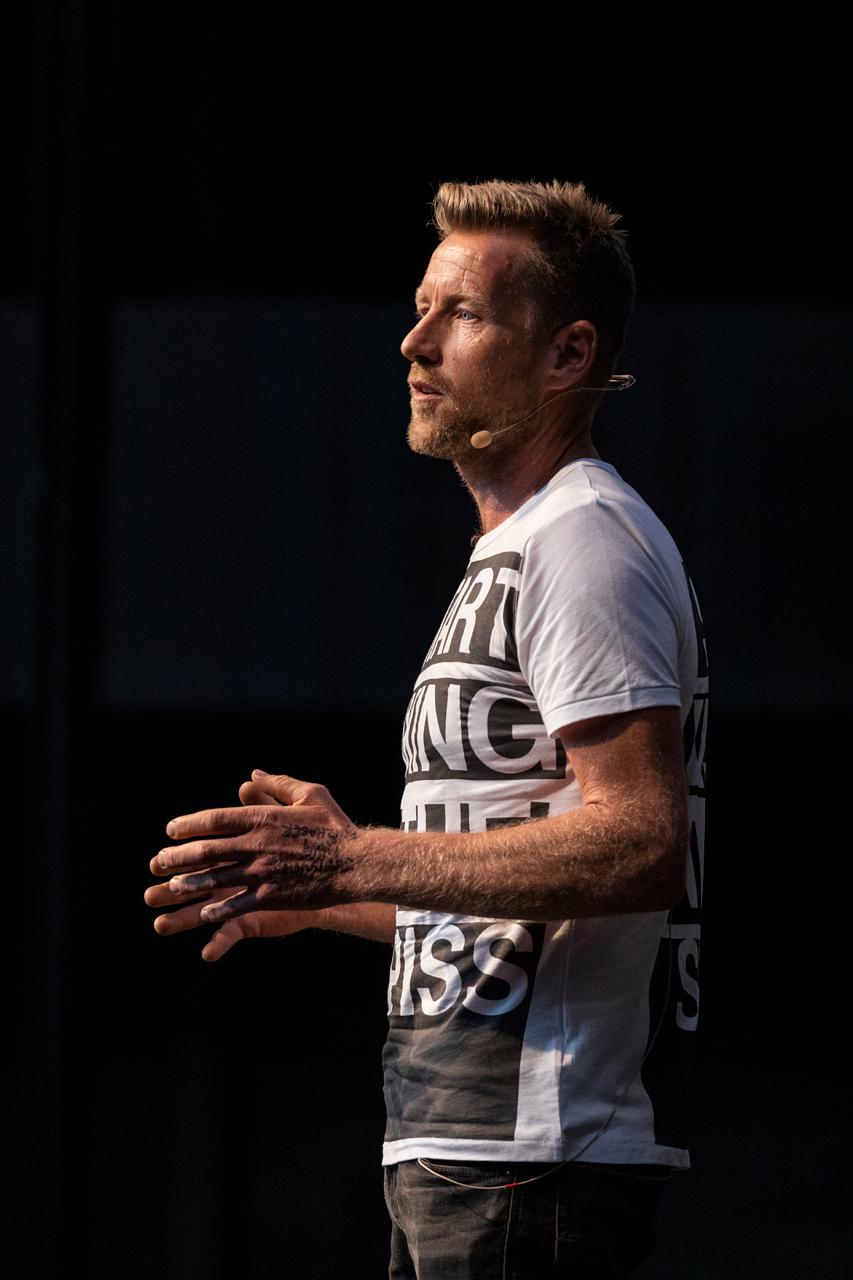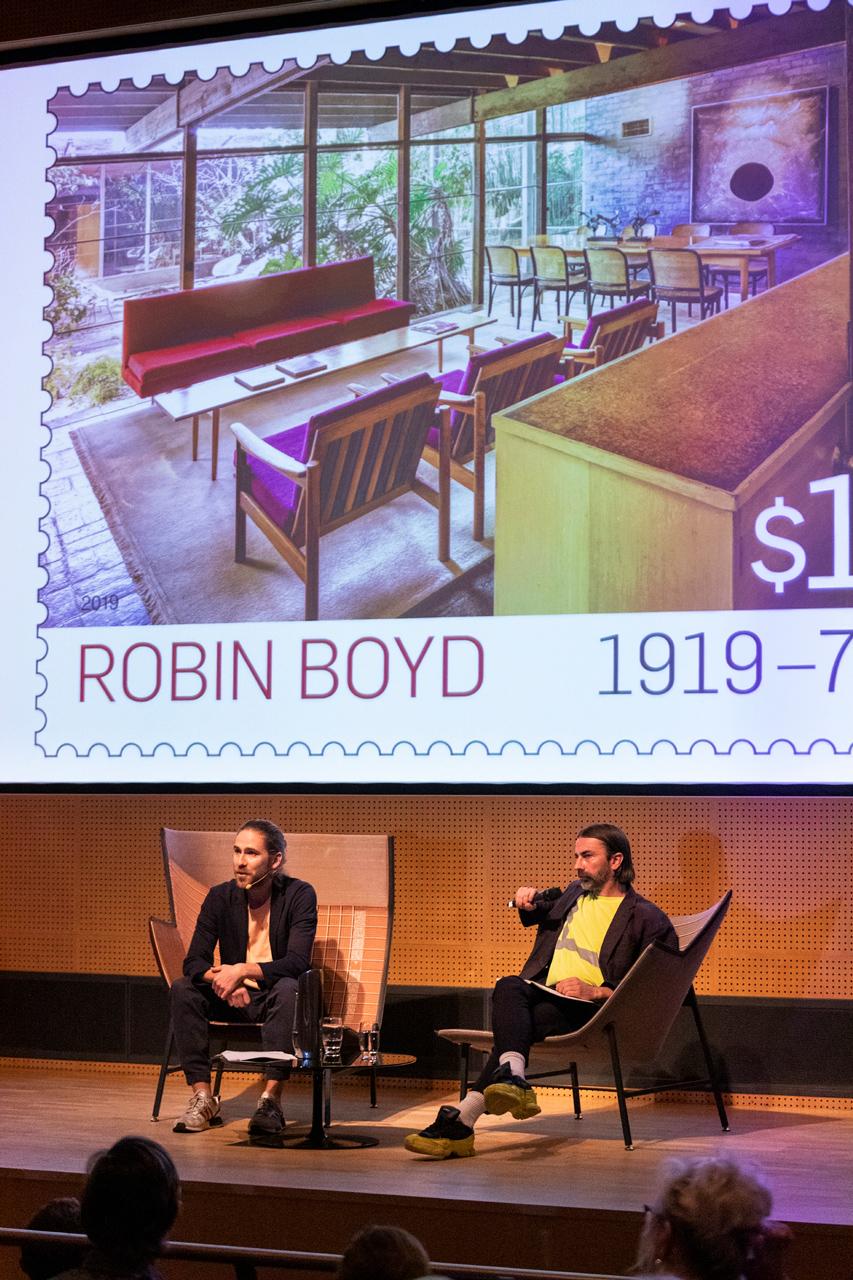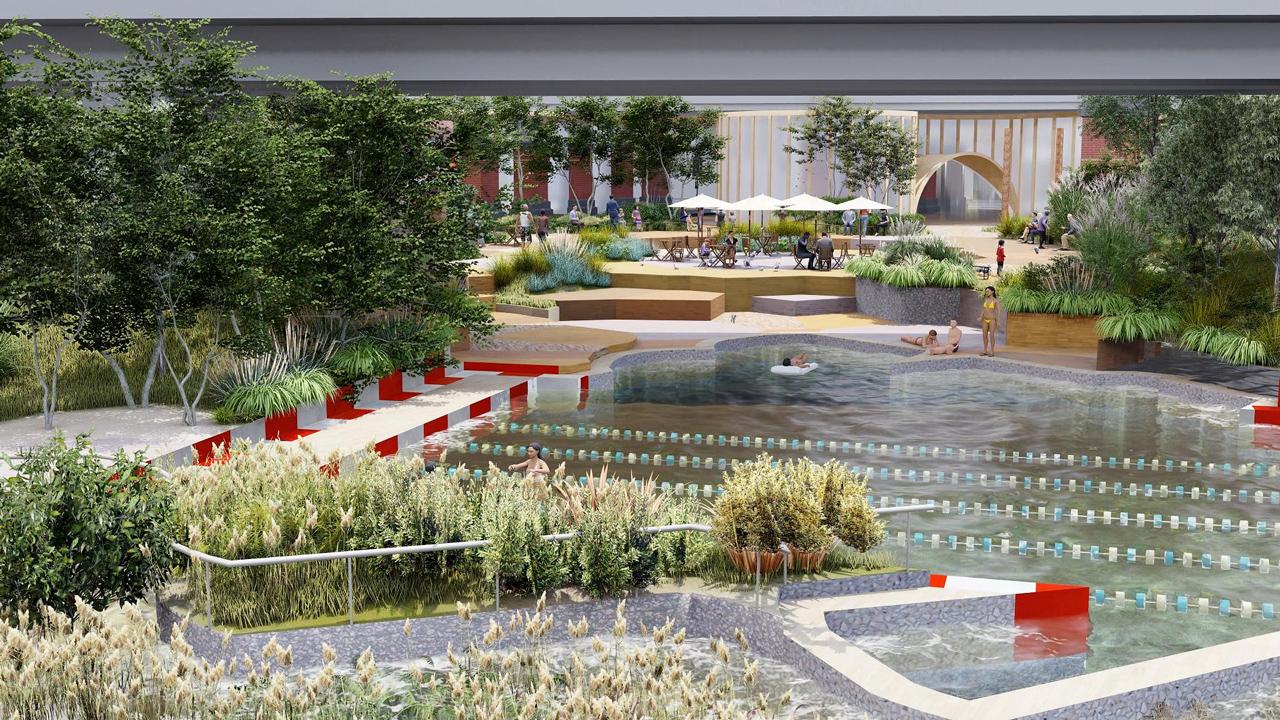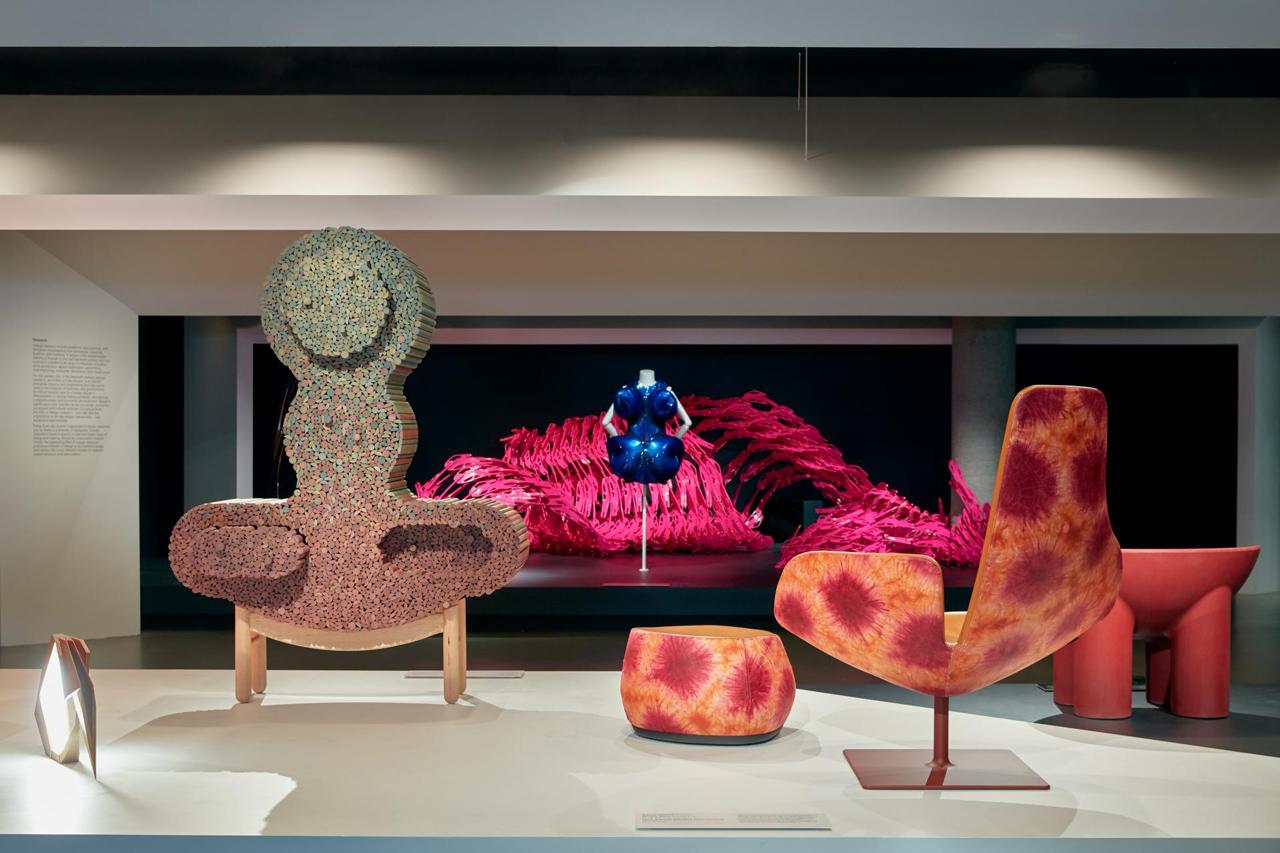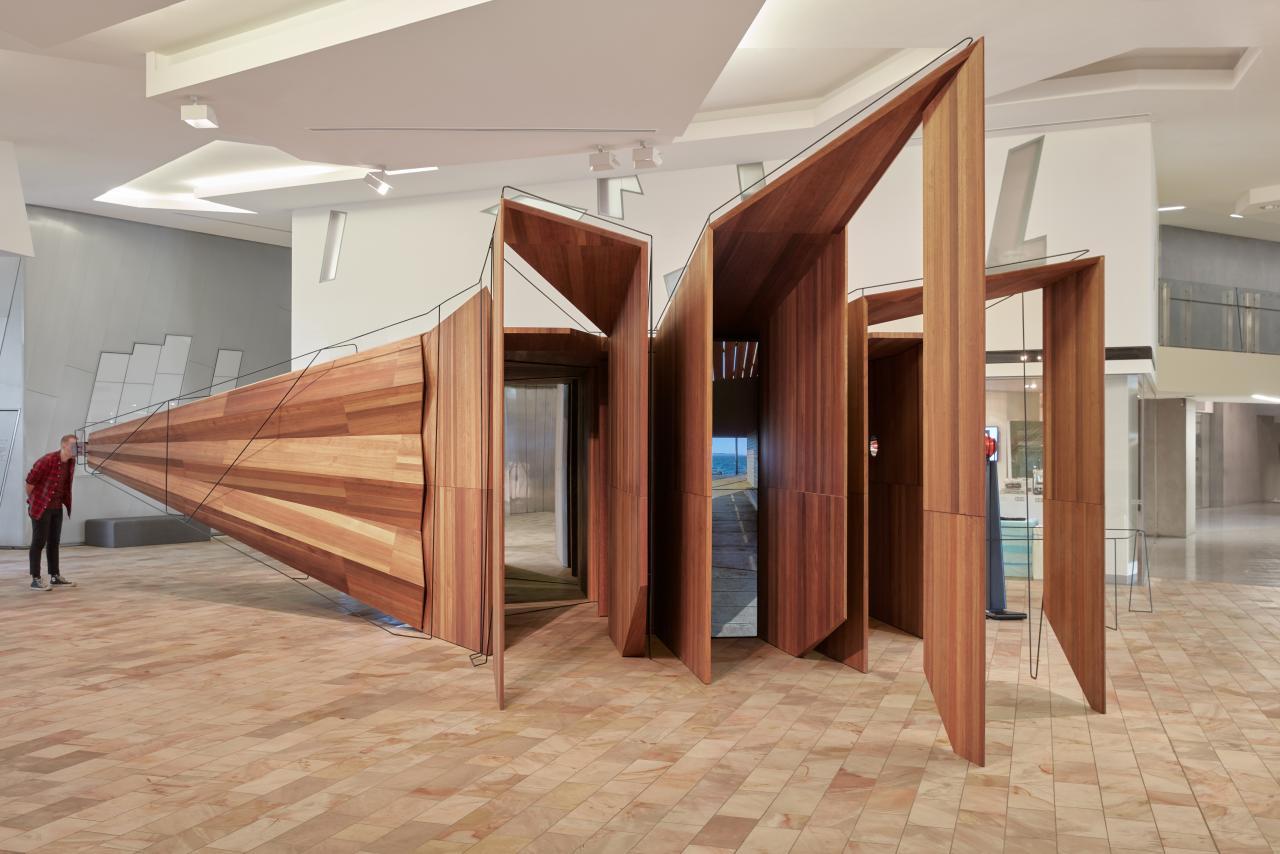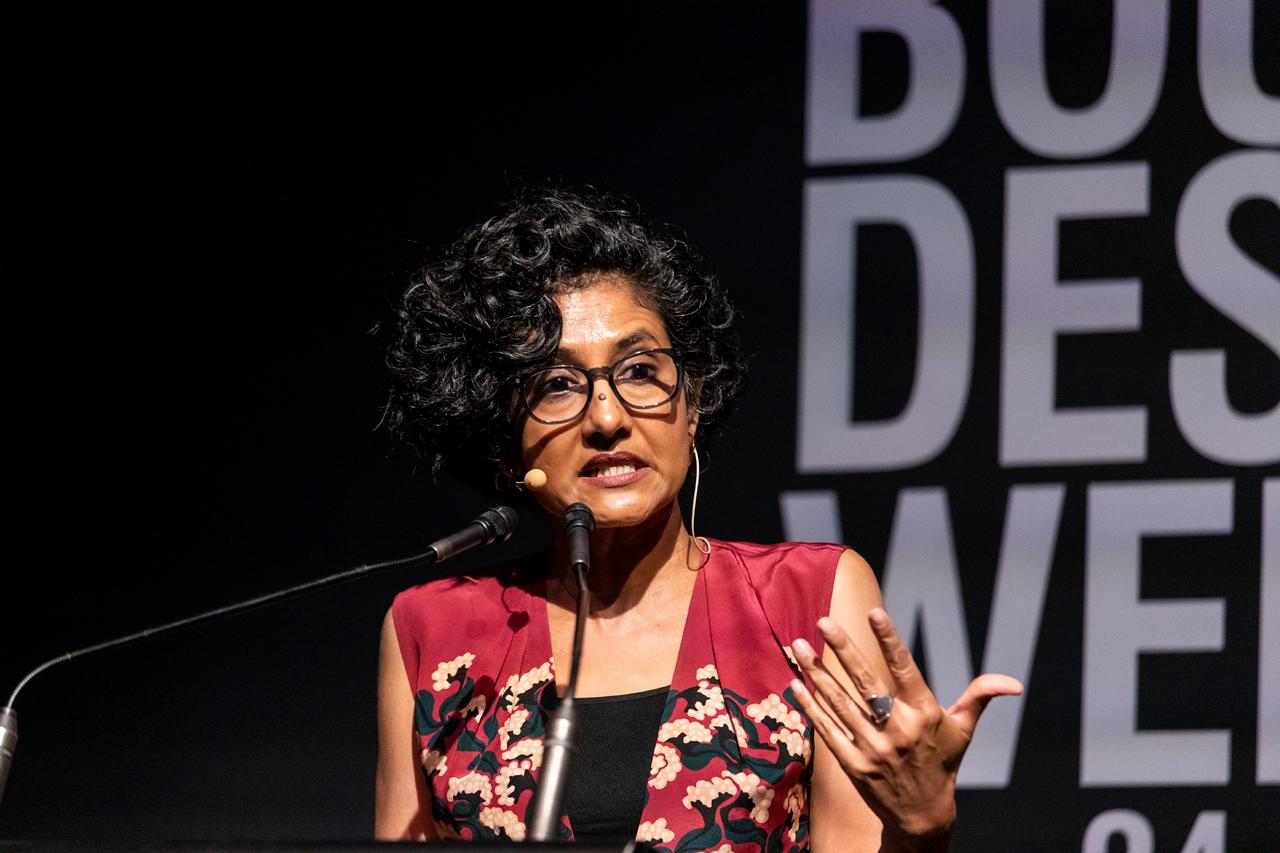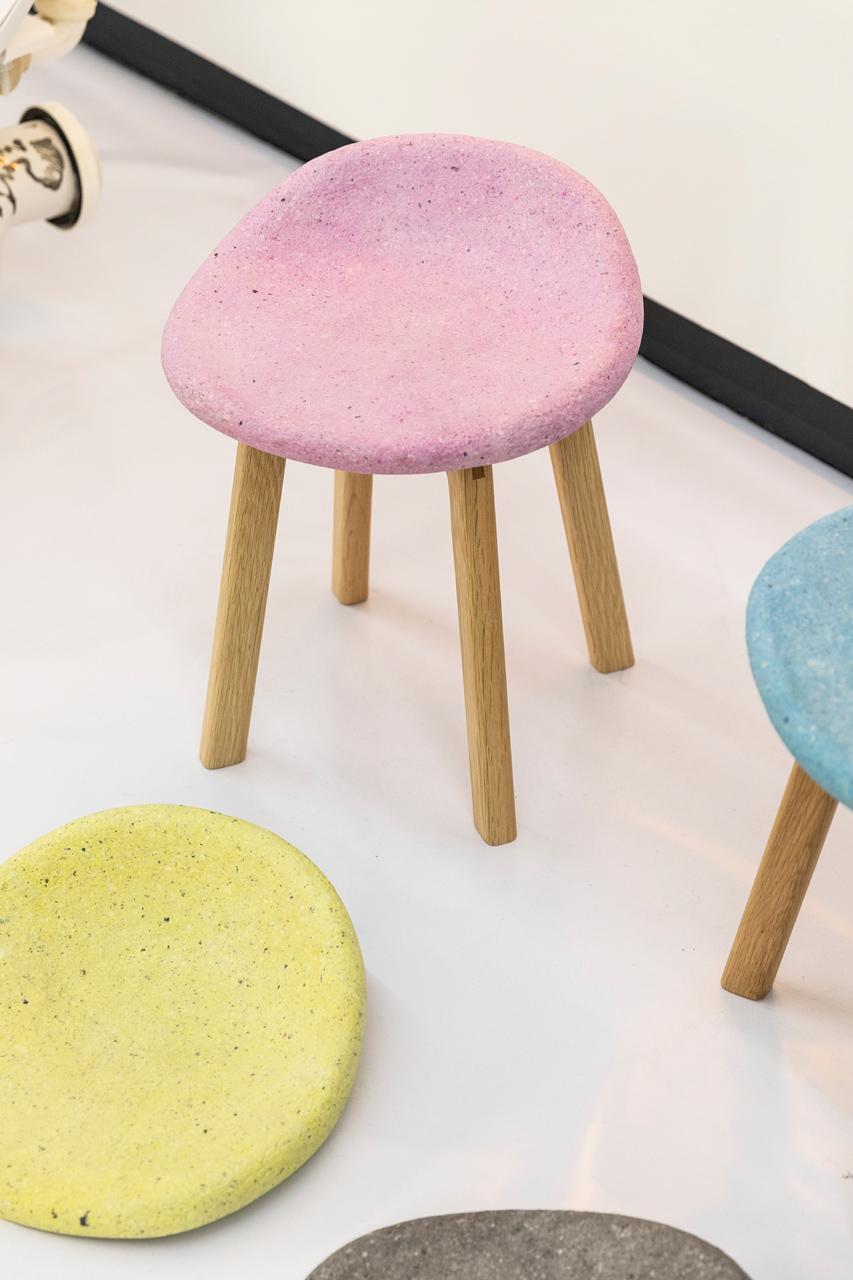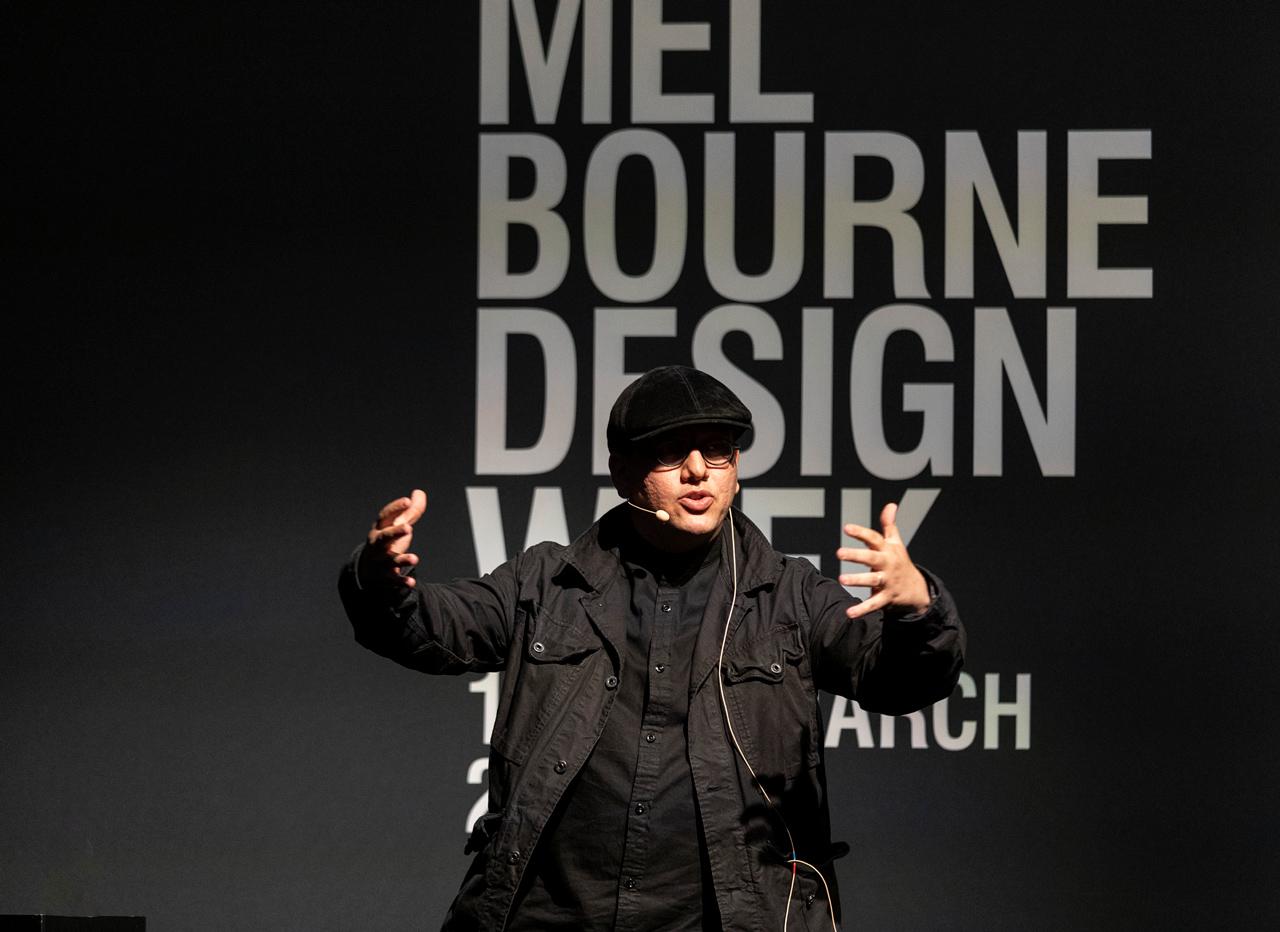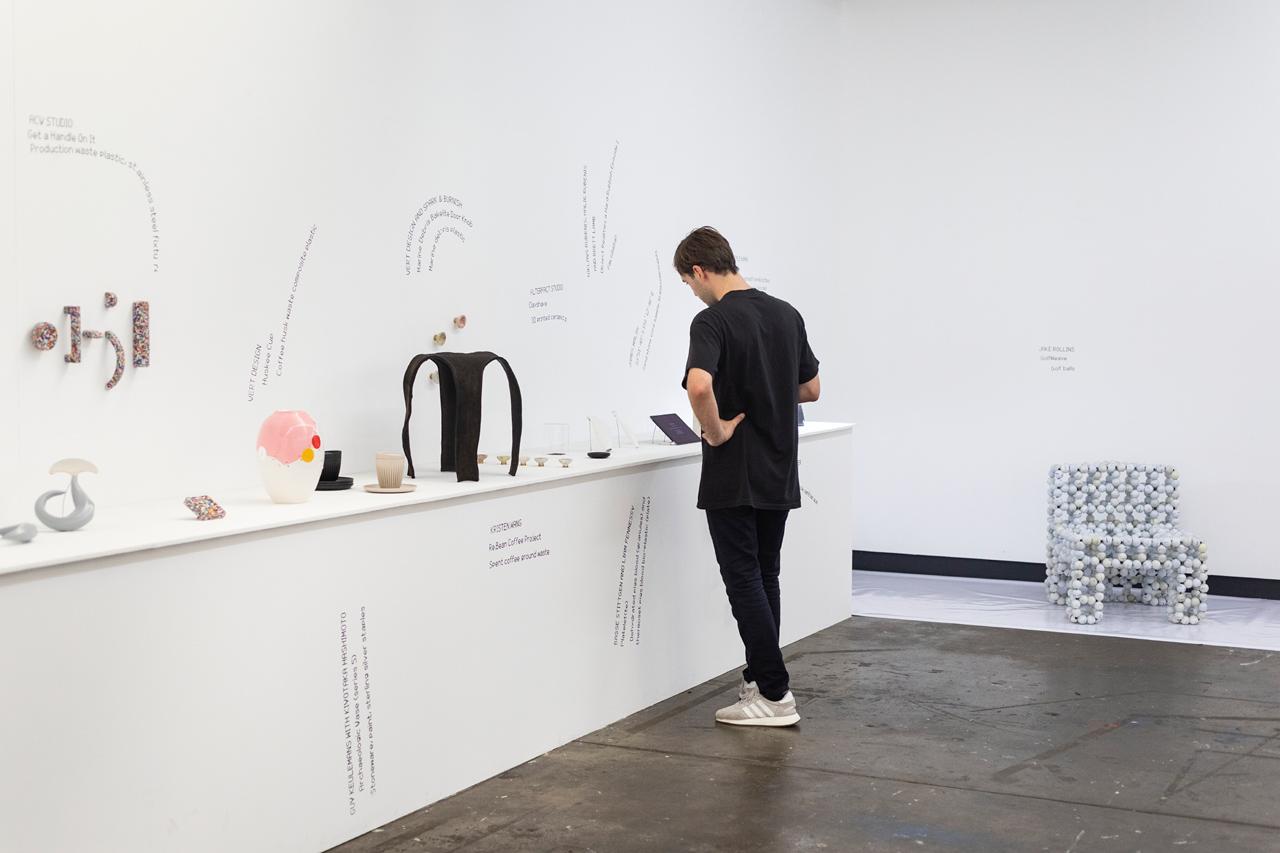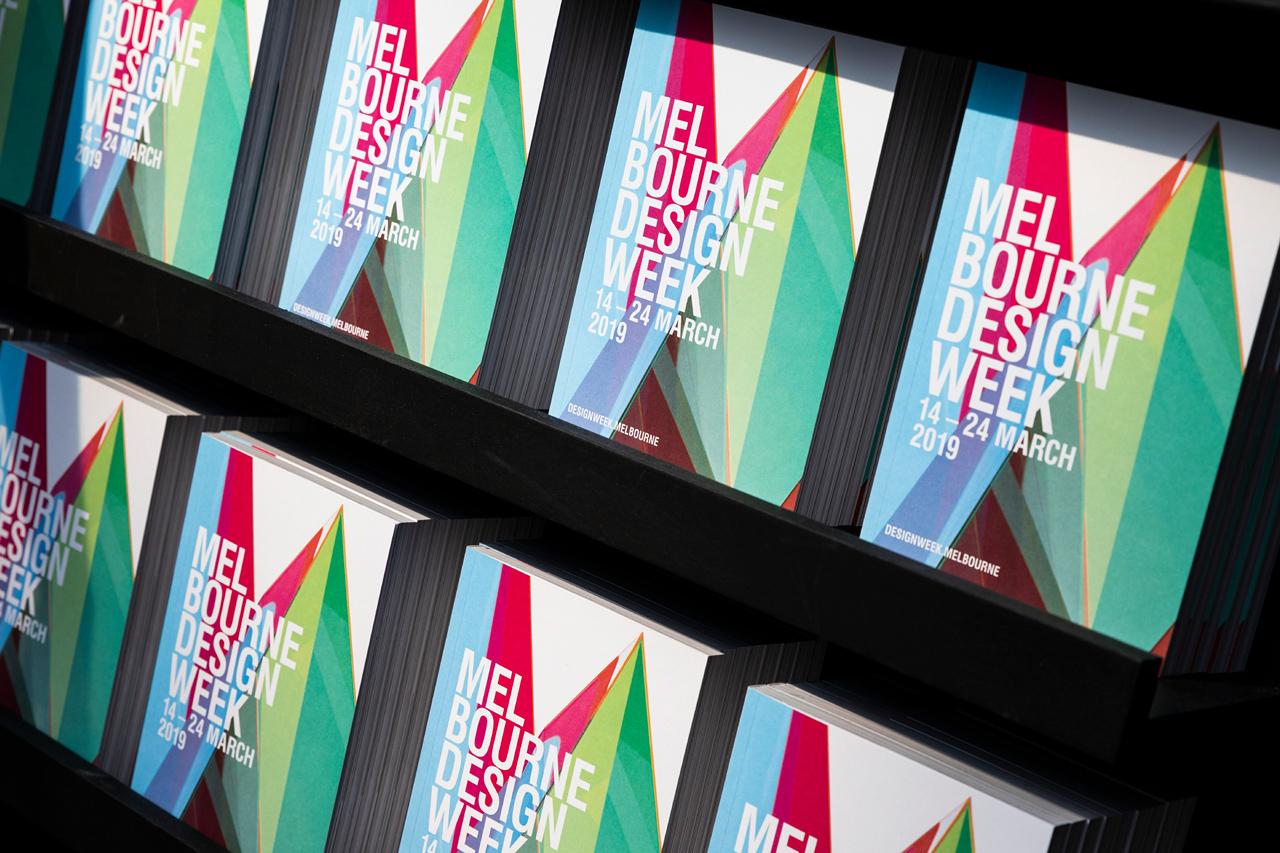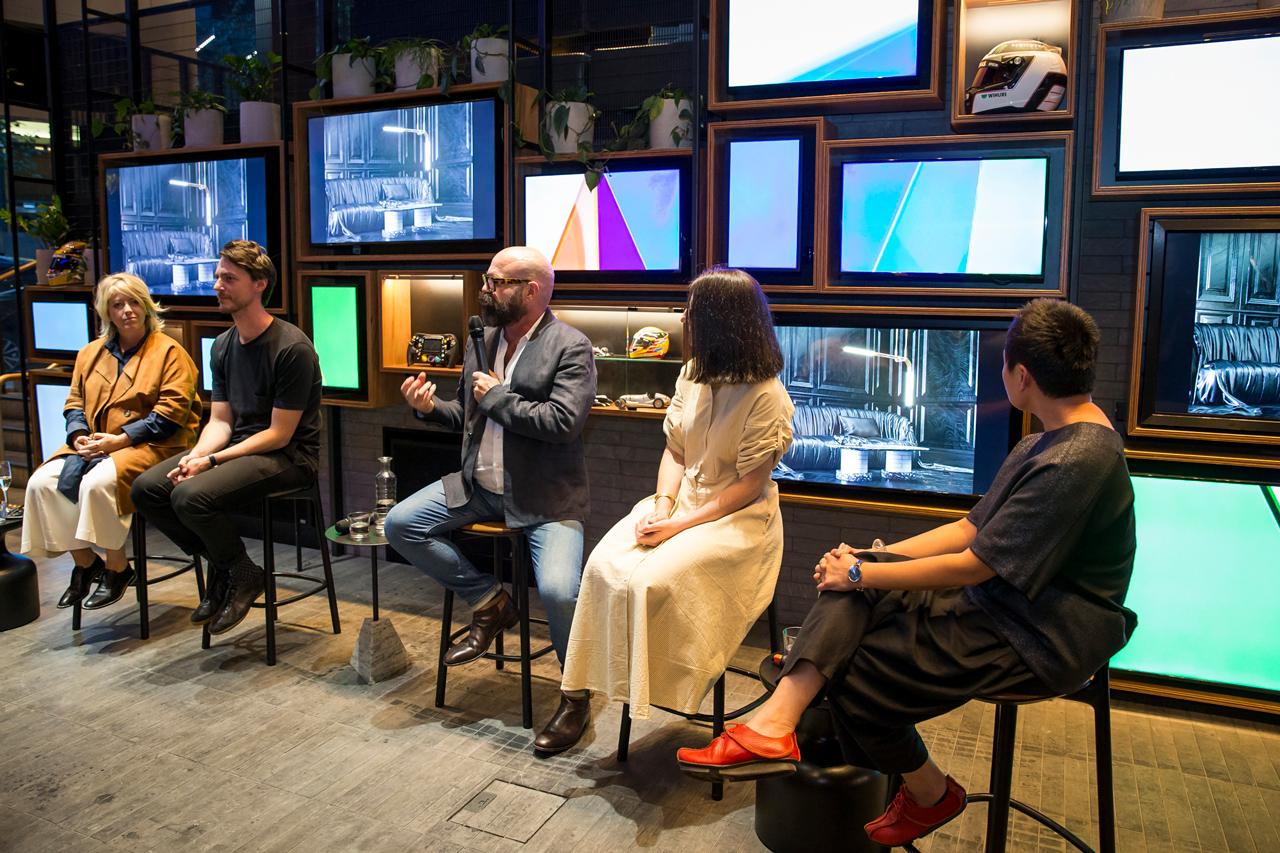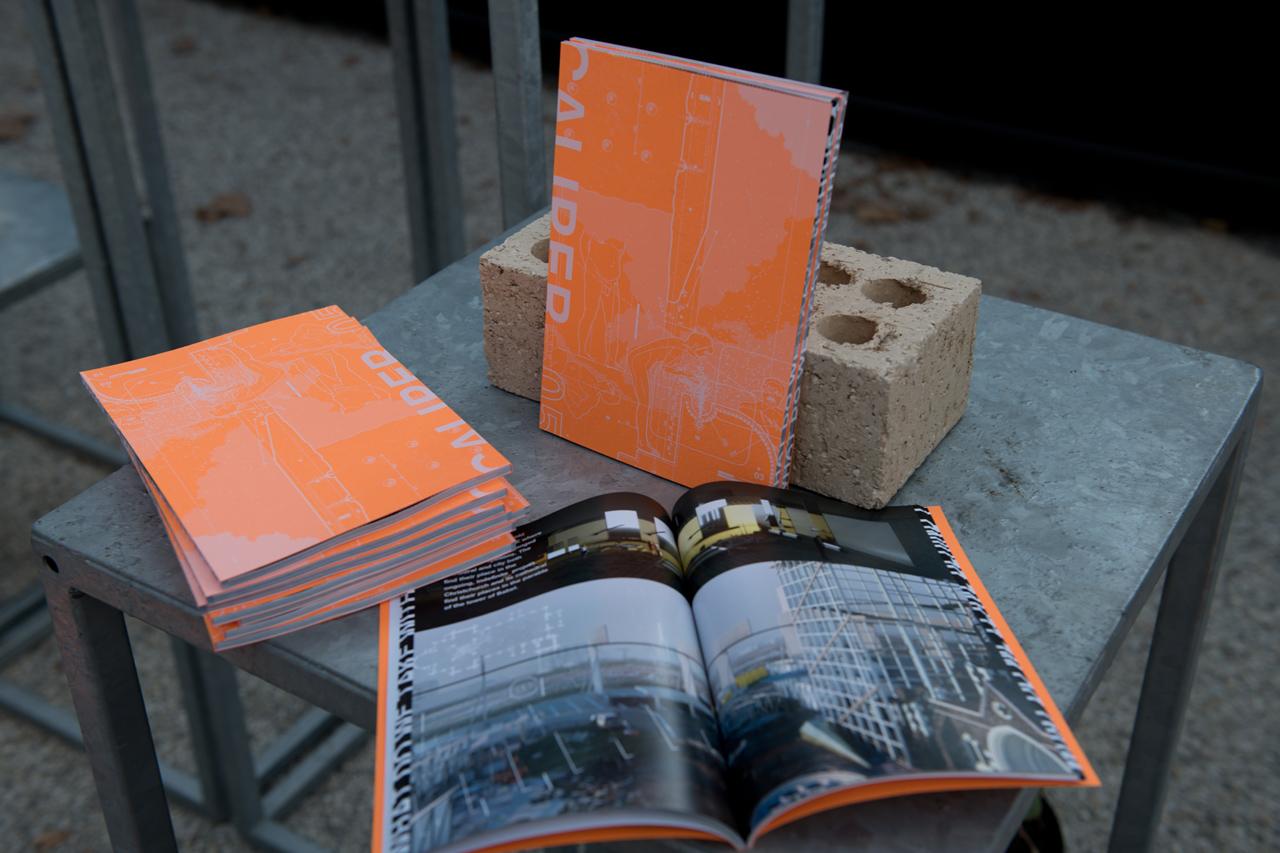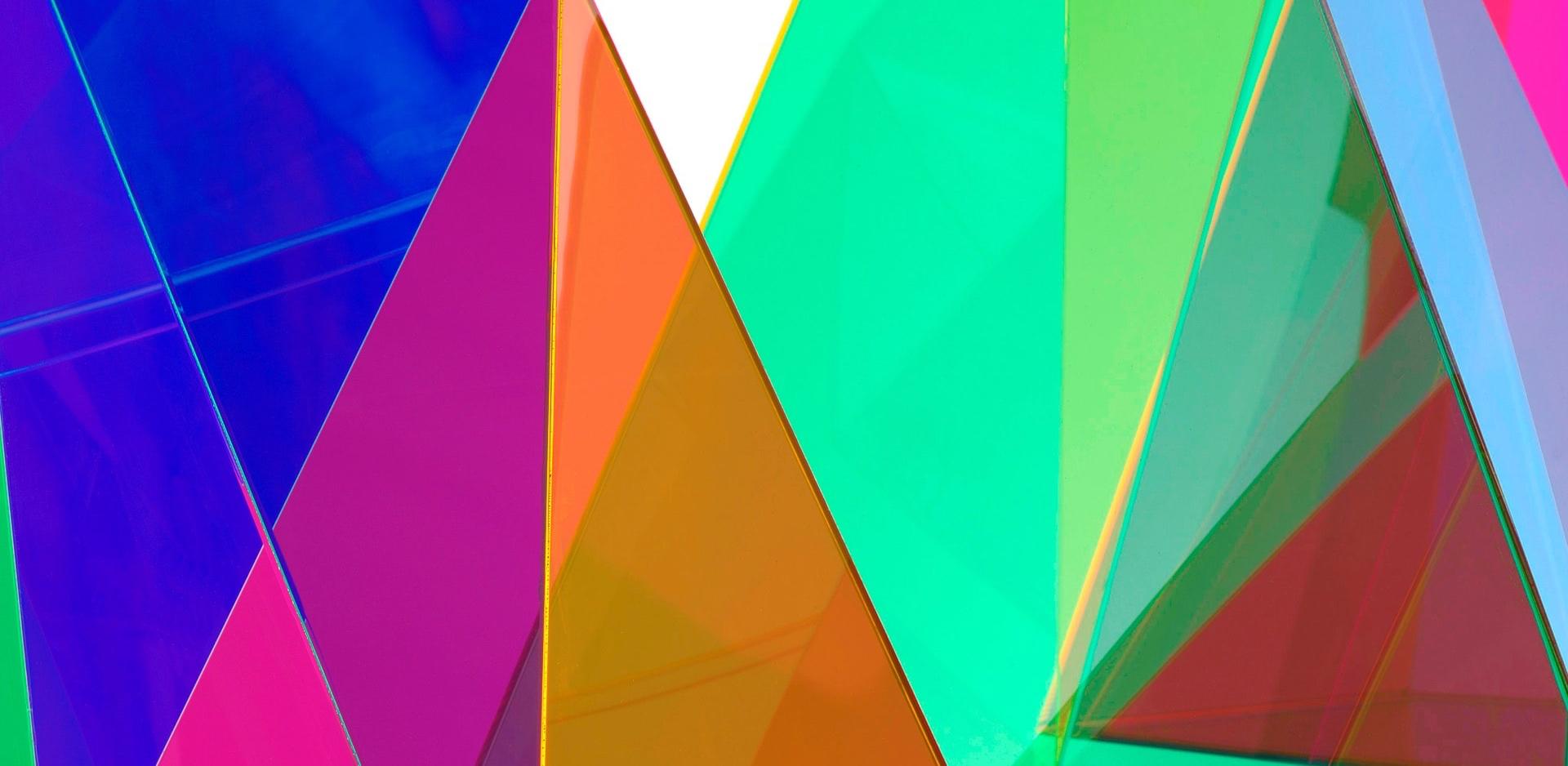
Melbourne Design Week 2019
14–24 March
About
200+ talks, exhibitions, tours and workshops explore how design can shape the future.
Melbourne Design Week was established to shine a light on our local design community, explore the role design plays in everyday life, and showcase the ways design is helping to tackle the challenges of the future. With events across Melbourne and Geelong, Australia’s only UNESCO City of Design, this is our biggest design week to date and an extraordinary demonstration of the breadth and impact of design.
Theme
Design Experiments
At its best design imagines and creates new and better futures. But at times, design creates problems. It can celebrate newness over knowledge, aesthetics over ethics, and image over substance. This raises the question – if design is shaping the future, is it the best possible future, and for whom?
As society enters an unprecedented period of urbanisation, digitisation, population growth and ecological transformation, many believe that design and architecture hold great potential for positive transformation, offering disruptive ideas as it intersects with industry, politics, history, science, ecology, psychology and more.
Embracing the past, present and future, we encourage participants to demonstrate cultural and historical awareness – to delve into social and cultural history, peel back the layers of design and articulate that the future is informed by the past.
Through this idealistic agenda, Melbourne Design Week 2019 is an opportunity for designers to reflect on what they do, to imagine new and better ways of doing things, and share these ideas and insights with a broad audience.
Victorian Design Challenge
2019: Waste Challenge
The Victorian Design Challenge invited design professionals and students to tackle one of the great challenges of our time – waste. The Challenge aims to inspire impactful and implementable solutions that demonstrate the value of design and creativity to the creation of a better future.
On Tuesday 19 March, the shortlisted teams pitched their design solutions to the Jury, featuring six leading design professionals, chaired by Craig Reucassal from ABC’s War on Waste and a live audience on stage in the Great Hall. Finalist’s presented design ideas, ranging from disposable plates made of lettuce to geopolymer cement made using fly ash and interventions to prevent wasted water. Teams worked to convince the judges that their idea is the best way to reduce, recover or eliminate waste.
THE WINNERS
Professional
Studio Periscope
Lisa Oaten, Robert Sim and George Berry of Studio Periscope presented Rollie, a hamster wheel like playground structure that uses a ‘hot’ composting system to convert food waste into a resource and reduces the methane, that would otherwise be generated if the food waste anaerobically decomposed in landfills, while primary school children play on it. According to Studio Periscope, Australians throw away approximately 3.1 billion tonnes or $8 billion of food waste each year. Rollie aims to address this significant waste issue by educating future generations about the value of food and food waste, through aerobic ‘hot’ composting. Aerobic ‘hot’ composting is a process.
Shortlist
Studio Periscope
Studio Edwards
Ideat Studio
Curvecrete from The University of Melbourne
Tertiary
Maddison Ryder, RMIT University
Royal Melbourne Institute of Technology (RMIT) student Maddison Ryder presented Lettuce Eat, a series of single use plates made from waste Iceberg Lettuce that are immediately biodegradable. comments on behaviours of conspicuous consumption. Lettuce Eat explores food waste and throw away culture through a series of plates developed and designed from dehydrated lettuce.
Shortlist
Leixin Du, Pak Ying Tsang, Swinburne University of Technology and IaaC Global Summer School
Maddison Ryder, RMIT University
Joshua Wait and Phoebe Richardson, RMIT University
Secondary and Primary Schools
Mill Park Library Makers Club
Twelve students from the Mill Park Library Makers Club presented Robot Walking School Bus, a robot designed to pick up students from their homes and take them to school, as well as carrying organic waste that the children bring out from their homes. Inspired by China’s line-following battery powered train, the project aims to use a Robot Walking School Bus to help better manage waste around school, in our homes and in the local community by encouraging students to walk to school and pick up litter along the way.
Shortlist
Mill Park Library Makers Club
Katinka Weber, Northcote High School
Alia Ferdowsian, Preshil
Melbourne Art Book Fair
The three-day fair celebrates local and international publishing and invites guests to enjoy keynote lectures, workshops, a full-day symposium, and a marketplace of bookstalls and art displays.
Partners
